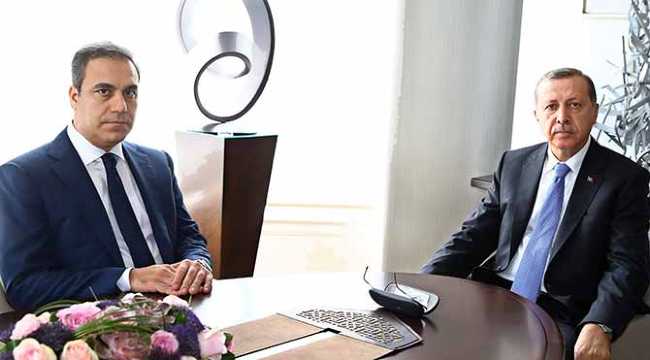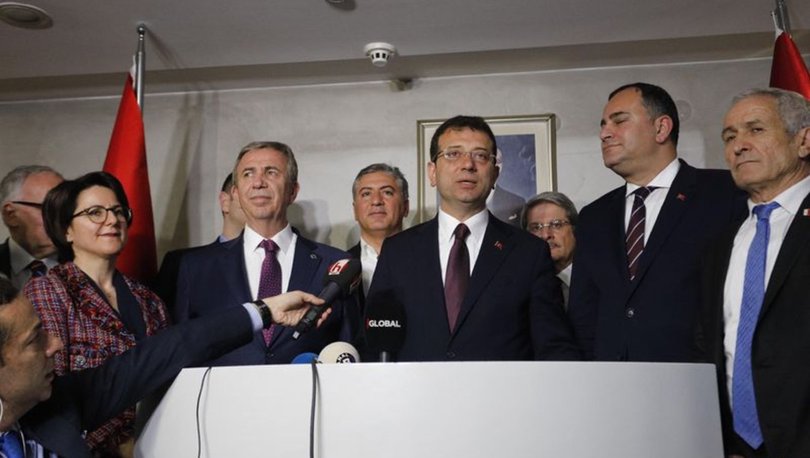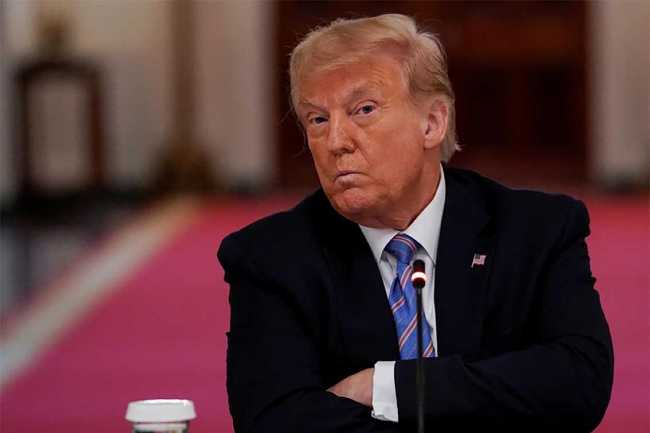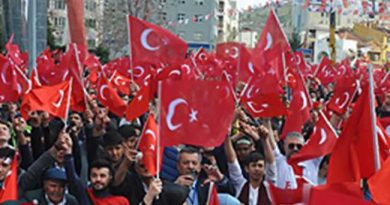Turkey starts new era in foreign affairs with minister Hakan Fidan

Hakan Fidan (former President of MIT) will now manage the foreign policy issues he was involved in as the head of MIT as the ‘top diplomat’. Let us take a look at topics waiting for the new minister from the upcoming summits to the ongoing negotiation processes?
Fidan will meet for the first time as a “counterpart” at the NATO leaders’ meeting to be held in Vilnius next month with the foreign ministers he has met at various meetings as head of intelligence. The second week of September will see the G20 meeting in New Delhi, followed by preparations for the 78th session of the United Nations General Assembly in New York.
Western capitals are waiting for a NATO visa to be issued for Sweden before Vilnius. Stockholm, which has made 3 consecutive arrangements to tighten anti-terrorism legislation since last year, believes that it has fulfilled the conditions of the agreement reached with Turkey, in Turkey.
The United States will hold presidential elections in November 2024. The F-16 sale, which has been waiting for approval from the legislative body for a long time, is aimed to take place before the attention of members of Congress and the White House shifts to the elections. Some members of Congress are calling for NATO approval for Sweden to do this.
The visa problem with the European Union countries makes it difficult for Turkish citizens to travel. European capitals explain the issue on technical grounds such as “demand intensity”, “financial insufficiency of the applicant” while in Turkey it is considered to be a policy tool. Possible contacts with European countries are being monitored to overcome the problem.
Former Prime Minister Kiriakos Michotakis is definitely being considered for re-election in Greece, which will hold early elections on June 25. After the formation of the new government, both Athens and Ankara are expected to maintain the moderate mood formed after the earthquakes.
Armenia has been looking for ways to redefine its relations with both Turkey and Azerbaijan since the Second Nagorno-Karabakh War. As a matter of fact, Prime Minister Nikol Pashinyan’s surprise participation in Erdogan’s swearing-in ceremony is indicative of this. There is an expectation that a number of concrete steps already taken will develop.
Ankara, which has close relations with Moscow, has been following a neutral and balanced policy since the beginning of the invasion of Ukraine. Relations with Russia are important in a wide range of areas, from dialogue with Syria to investment in nuclear power plants. It is expected that the balanced stance between Russia and the West will be maintained in the new period, as well.
Cavusoglu held the first meeting at the level of foreign ministers with Syria, which is on the agenda over the refugee discussion, in recent weeks. After 12 years of war, while the Damascus regime is normalizing with the countries of the region, Fidan will continue the negotiations as a minister, in which he participated in as the intelligence chief.
Turkey is sending additional troops to Kosovo, where ethnic nationalist tensions have been rising for the past week, as part of the NATO peacekeeping mission. Erdogan spoke by phone with the leaders of both Kosovo and Serbia and conveyed that they were ready to contribute to the solution of the crisis.
Turkey has been in the process of normalization with the countries of the region, especially for the last three years. While relations with the Gulf countries were being repaired, the tense period with Israel was left behind. The normalization with Egypt has come to an end. It is expected that the “minimum problem“ approach will continue in foreign policy.





